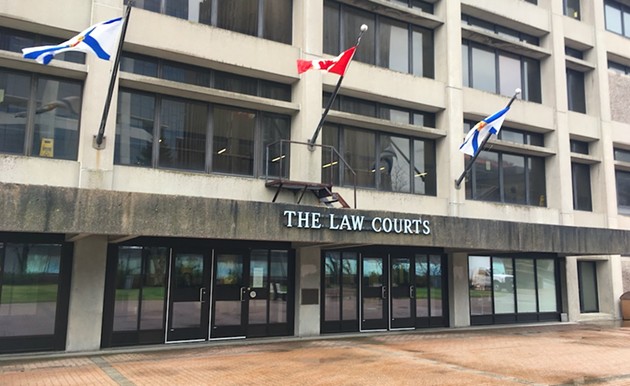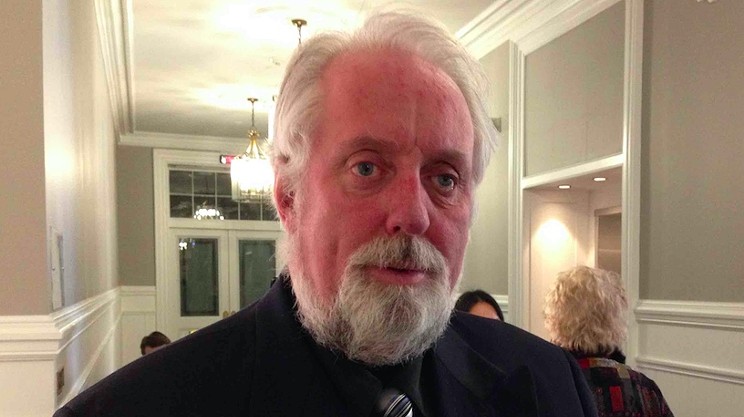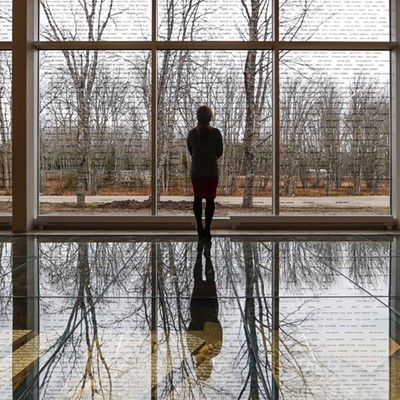A Nova Scotia Supreme Court Justice has reserved his decision on whether a lawsuit against the Halifax Regional Municipality by the former residents of Africville will go ahead as a class action.
Robert Pineo, the legal representative of Nelson Carvery and other members of the historic black community, argued in front of a packed courtroom on Wednesday that the lawsuit should include all former Africville residents who had a property interest in communal lands later expropriated by Halifax.
“This action is for compensation for the loss of the communal lands,” Pineo said. “The lands that weren’t held individually, but the lands that the community had access to.”
African Nova Scotians began settling in Africville in 1840. In the 1960s, the city cited urban renewal as its reason to evict those who lived there and bulldoze the community.
The proposed-class action is the most recent case in the fight for justice by former Africville residents and their families. In 2010, then-mayor Peter Kelly formally apologized for the community’s destruction and offered a $3 million settlement that went towards building the Africville Memorial Church.
“That’s not personal compensation,” said Tony Smith, spokesperson for former Africville residents hoping for the class action. Smith stressed the former lands were taken illegally, without adequate notice to the residents.“The people at the time…they thought they were doing something for the community. They didn’t know the information that we know now,” he said.
During the proceedings, Pineo said Africville’s communal lands were used for various activities—most of them economic, such as fishing and farming.
“It’s the individual’s use of the communal lands that are being claimed for compensation,” he said.
This compensation would be split equally among the class members. It’s not yet known how many there will be, but Pineo suggested it could be in the realm of 300.
Karen MacDonald, HRM’s legal representative, countered that the claimants’ case is unclear as to the use of the common lands.
“How can one determine compensation?” she said. “It’s unclear what the lands were used for, by whom they were used and for how long.”
Justice Patrick J. Duncan has given the lawyers two weeks to provide him with any additional documentation before he makes a decision.















